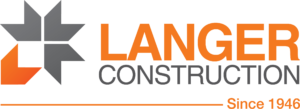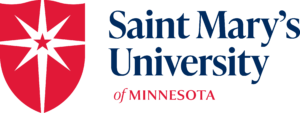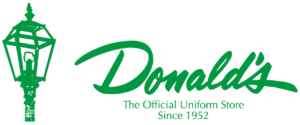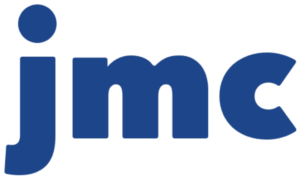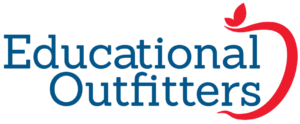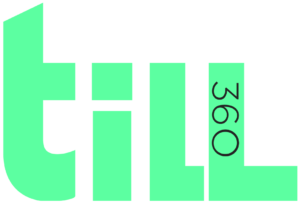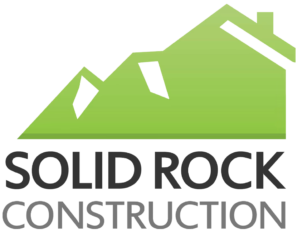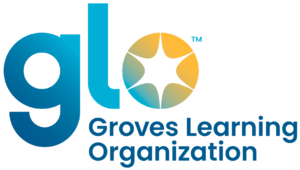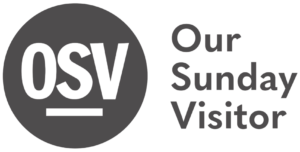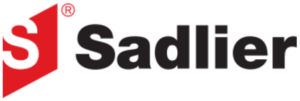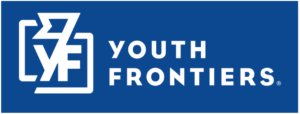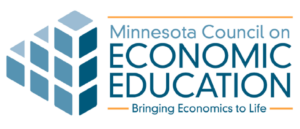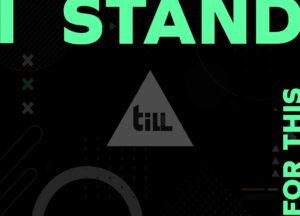2023 MNSAA Annual Conference
LEAD, INSPIRE, TRANSFORM
Thank you for joining us at the 2023 MNSAA Annual Conference! We hope you enjoyed your time, and we thank you for your ongoing support.
We would like to thank Shakopee Area Catholic School for hosting this year’s conference. Thank you to all of our sponsors, speakers and attendees.
For your convenience, please see the resources from the conference below. As always, should you have any questions, please do not hesitate to contact us.
Professional Development Sessions
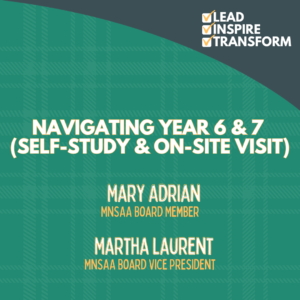
As a school leader are you approaching the end of your accreditation cycle; do you have questions about how to best prepared for your self-study and on-site visit?
If so, this session will provide useful information and tips to make that a successful process for you and your school community.
Bring your questions. There will be plenty of time for conversation.
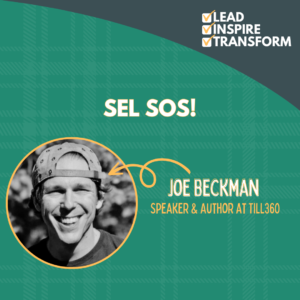
**UPDATED LOCATION** Joe will speak in the media center during the 4th session.
Imagine – a classroom of excited students hungry to learn from an equally excited educator about the importance of self-regulation, self-awareness, empathy, resilience and more! THIS IS POSSIBLE! In this dynamic breakout participants will walk away with both a framework AND practical solutions that will unleash buy-in from staff, increase engagement from students, and help create a school community where social and emotional learning skills can flourish.

Although stress is necessary for a healthy life, chronic stress is a destroyer of life. This session focuses on how stressors come from outside and inside ourselves, how our thoughts can increase stress, and practical ways to minimize unhealthy stress.


Hectic schedules and countless demands frequently leave us feeling out of balance. This session examines (1) essential aspects of living a balanced life, (2) how our use of time impacts balance in our life, and (3) simple and practical ways of restoring balance and focusing on what is truly important.
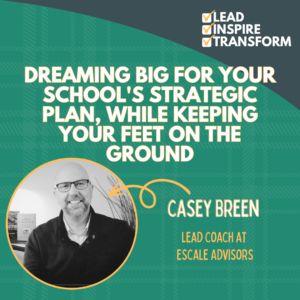
We will be focused on frameworks/tools to help MNSAA schools ensure Quality Expectations in the development and evolving of their “”living”” School Strategic Plan. We provide tools that in particular allow the Visionary aspects of their plans to be Reasonable, Connected, & Supported.
We draw from Michael Porters work on strategy in using the School’s Strategic Plan as the center of an “”always on”” Strategy System. A Strategy System driving year-over-year, quarter-over-quarter, and week-over-week Plan Execution leading to Operational Vitality and School Growth… all focused on bringing students to their highest level of academic achievement.

This session draws upon Patrick Lencioni’s Advantage model for organizations to be “Healthy” and “Smart”. MNSAA’s School Strategic Plan framework and structure brings great “smartness” to our schools. In this session we will address the equal importance of working as a “true team” of leaders, mangers, & doers to execute strategic plans with fidelity and organizational alignment – in a “healthy” way.
We address our teachings on the importance of strengthening and growing the leadership capacity of and around the head of school/principal. We provide a framework around “meeting types” and how they are to be “driven by” the School’s Strategic Plan. This one-two punch will take their continuous improvement to the next level – bringing fulfilment and joy where many of today’s school leaders suffer from being overwhelmed, exhausted, and feeling stuck.
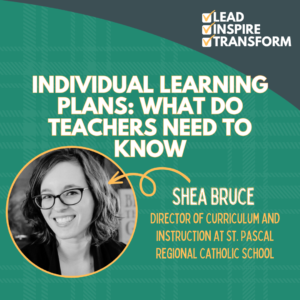
Empower your teaching journey with Individual Learning Plans. Discover the key strategies to effectively implement ILPs, leverage the NWEA MAP learning continuum, and create personalized success pathways for your students.

According to John Hattie, feedback significantly impacts student learning. In this session we will be looking at student work and determining possible teaching points to move students forward. We will also learn how to support students in understanding and articulating their next steps.

In this presentation, we will explore the dynamic role of ChatGPT and how it can be used in education. Discover how AI can be a valuable tool for educators in curriculum and lesson planning. We’ll look into the benefits, practical applications, and actual examples of utilizing ChatGPT in the education sector.
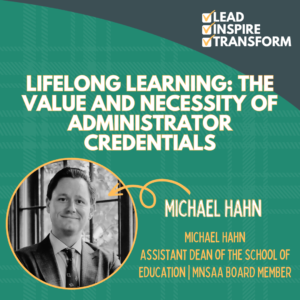
This session will provide participants with an understanding of MNSAA policy 4350, the requirement concerning administrator credentials. Even when school leaders understand the rationale for this policy and see how it is intended to benefit their schools, the time demands and financial constraints can present obstacles for school leaders to meet this requirement. This session is intended to provide information about various graduate education programs and pathways that will allow school leaders to meet this requirement. There will also be time for participants to share with each other their questions and suggestions. This session is idea for school leaders who are considering continuing their own education as well as leaders who have earned advanced degrees and want to share with others how they managed to do it.
Coming soon!
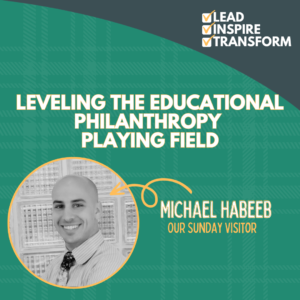
Last year, over $70 billion were donated to American schools, but only about 7% of that went to K-12 education. Learn how leveraging OSV’s dedicated team of professionals to run a school annual fund can help you get a bigger piece of the pie.
To access a recording of a similar presentation, please click on this link and then enter your information. The recording will then open for you.
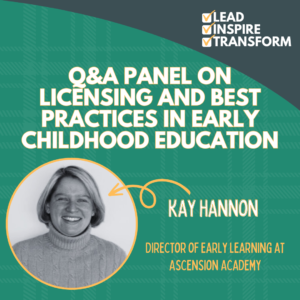
Most administrators and many teachers are trained to in K-8 but early childhood is a different field entirely. This session will give you the opportunity to learn more about everything from licensing requirements to best practices in class management and teaching. We will also touch on hiring and enrollment ideas. In this interactive session, attendees will be invited to bring their questions and share their experiences as we delve into the field of early childhood education and how to support our staff and improve our programs.
Coming soon!

Strategies for developing your school’s plan, involving stakeholders, and communicating the plan will be addressed. Recommendations for maintaining your SSP as a living document, incorporating feedback and review of common errors to avoid will be discussed. This is an opportunity for schools anticipating a visit get their questions answered.
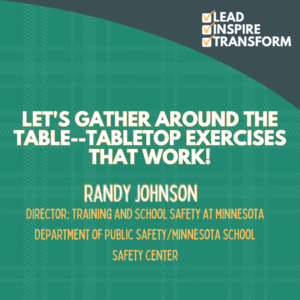
(The TTX can be designed to be an involved and detailed process, or a brief discussion at any educator team meeting. The session will explore and incorporate the various TTX methods you may utilize to to develop and facilitate TTX in your own context, and provide tools to bring home to your own school family table.)

Join us for an insightful presentation on bolstering security measures within your school. Discover effective strategies, best practices, ways to safeguard your educational environment and foster a safe, nurturing atmosphere for students and staff. Andy Kemp, CEO of Kemp Protective Services, will present on how his company provides security for two MNSAA schools; Torah Academy and Holy Name of Jesus. You will leave with actionable insights to strengthen your school’s security framework.
Coming soon!

Foreshadowing, making predictions, positive messages and more are found in this engaging and entertaining presentation highlighting stories with a rural Minnesota setting. Cleverly hidden pictures by the illustrator, a Christmas story, and the passing of traditions are featured. See how a book is made too!


The Minnesota legislature passed many new employment laws this session, requiring schools to update their policies and practices. This includes new requirements regarding paid sick leave, parenting leave, pregnancy accommodations, nursing mother protections, discrimination, and paid family and medical leave. Learn about these new laws and what your school needs to do now to comply.
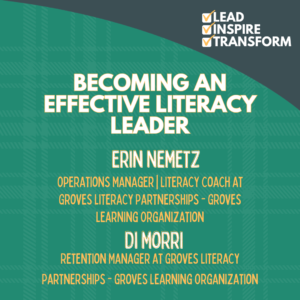
This session showcases five action steps that school and district leaders can take today to begin implementing the science of reading:
• School yourself – deepen your understanding of the Science of Reading and the current state of MN landscape including the MN READ ACT
• Analyze and adjust assessments
• Analyze curriculum and create a MTSS Model
• Redesign schedules
• Provide ongoing professional learning

Unlock the power of Individual Learning Plans as an administrator. Learn the essentials for successful implementation and harness NWEA MAP data to drive targeted academic success for your teaching team.

Learn how to create Academic Individual Learning Plans (ILPs) using NWEA MAP test data in our workshop. We’ll explore data interpretation, SMART goal setting, and tailored strategies for student success. This session is ideal for educators, administrators, and curriculum coordinators looking to enhance individualized learning plans and boost student achievement.

Are you exhausted? Although the world of education can be deeply fulfilling, it can also be exhausting. How can we grow as educators while avoiding burnout? This session will uplift you, affirm your vocation, and give you practical tips for growing as an educator and finding joy.

How does language develop? What are the Language Arts? How do we improve language skills in a world of texting, artificial intelligence, and diverse learners? Is the “Science of Reading” the only answer? This session walks through the necessary and often overlooked steps needed to develop language in students (and even in ourselves).

This informative session will teach you the signs to watch for with dyslexia and dysgraphia, the myths to ignore, and the session includes simulation exercises that help you to know what it’s like to have dyslexia and dysgraphia. You will leave this session with greater knowledge and understanding.
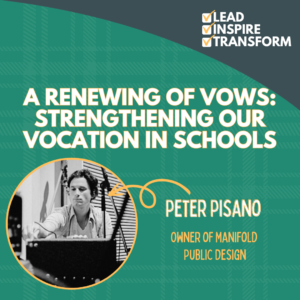
This 45-minute session will provide participants with the essential conditions—time, space, and community—to reconnect with their passion for teaching, learning, and leading in educational environments. Through a restorative circle format, attendees will have an opportunity to rediscover their calling, rejuvenate their relationship with it, and reemerge, ready to “share the yoke” of their vocation once more.

School principals and educational leaders often face recurring challenges, even with strong management skills. In just under 60 minutes, this session equips you with transformative tools like the Inside-Out approach, active listening, and the GROW model to elevate your leadership and empower your faculty and staff. Don’t miss out!

Navigating today’s rapid changes, leaders seek to lead thriving organizations and teams. However, many address only symptoms of problems, not root issues. Despite trying various strategies, positive results are fleeting. The solution? Delve deep into what truly drives effectiveness. Harness culture’s power, understand your organization’s essence, and align your leadership practices. By doing so, we can pave the way for innovative powerhouses, retaining top talent, and becoming industry magnets.
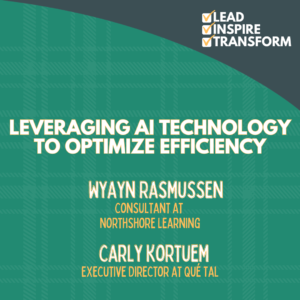
This introductory presentation aims to demystify Artificial Intelligence (AI) and highlight its potential benefits for teachers and administrators. We will delve into the ways in which AI can help you save time, reduce costs, and enhance your lesson planning, differentiation and communication efforts. By the end of this session, you will gain practical insights and feel empowered to leverage AI to improve your planning and communication and drive your mission forward in achievable ways.

This session provides information on:
1. Identifying intermediate students who would benefit from reading interventions
2. Summarizing best practices in intermediate reading interventions
3. Identifying the unique challenges faced by intermediate students and navigating those hurdles

In today’s world, it is important to be proactive in helping students and staff with their mental health. This session will be interactive, informative, and impactful as it gives attendees tangible ways to inspire and motivate students and staff to improve their mental and emotional health. There will also be a time of Q&A at the end.
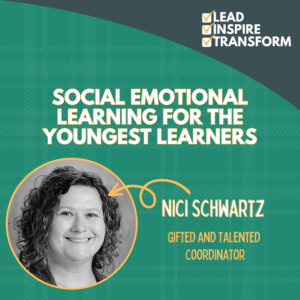
Social Emotional Learning (SEL) is more important than ever in order to help our students succeed in school and in life. But how do we teach this in our schools? This workshop will give ideas and techniques to teach SEL to the youngest students in our schools. You will be introduced to books, games, activities, and curriculum that can be used in the youngest grades to help your students thrive with SEL!

In this session Sean will present some findings about the practices of Homework from his principal EDS thesis paper and how homework has other impacts on students other than just a grade. Are we using homework practices from generations ago? Do we need to reframe the lens in which we view homework? In this session we will start a conversation about homework and the impacts it has on the classroom, the students, teachers, and parents. The goal of this session is to think and discussion our homework practices as a whole and bring that discussions back to your schools.

The goal for school advisory boards is to help school leaders further realize the mission of the school, and partner with stakeholders to drive the school forward toward strategic success. Unfortunately, school advisory boards can become ineffective for school leaders. Members can push personal agendas that may conflict with the direction of administration, they may want to complain about a teacher or discuss what happened in the parent pickup line, or the advisory board may lack strategic focus. In this session, participants will discuss and learn strategies to effectively lead school advisory boards by focusing on seven principles of effective advisory school boards, along with the roles and responsibilities of advisory board members. The result of an effective advisory school board is that the advisory board becomes a significant asset to the principal, not a burden.
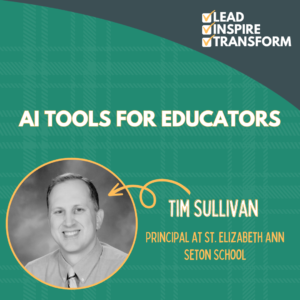
A presentation and examples of AI tools that educators can begin using immediately in their classrooms.

Diagnostic, screening, norm-referenced, adaptive, formative… Good heavens, assessment is a lot (I’m impressed you’ve read this far!). In this high-energy and engaging session, spend a bit of time thinking about how you use assessment in your school or classroom, then walk through a proven process to bring shared definition, balance, and ultimately more purpose to those assessments. If you like the process, it’s one you can take back and share with your team. We spend a ton of time having students take assessments, we owe it to them to spend the time to make sure they are purpose-filled!
Coming soon!

The shortage of educators and school leaders is among the most profound and critical challenges facing schools today. In this session, gather strategies to find, hire, and retain great educators in your building, and to keep YOURSELF sustained in your work.
Coming soon!

Join MDE’s ESEA Nonpublic Ombudsman to learn more about the Elementary and Secondary Education Act. Explore the requirements and possibilities in these district-managed programs for nonpublic school students and staff. Review the consultation timeline and requirements, allowable uses of funds, developing a plan for services, and how to handle unspent funds.









